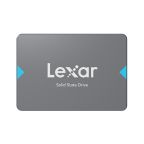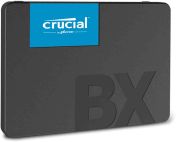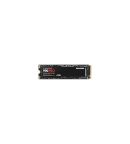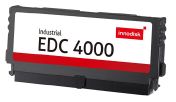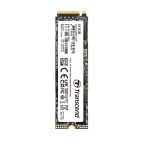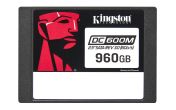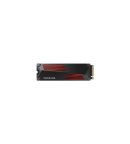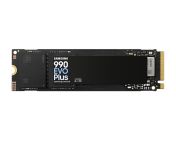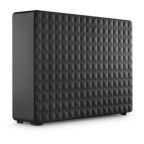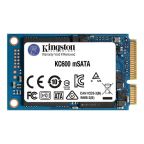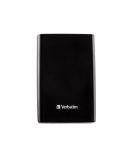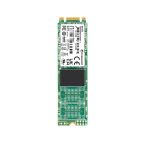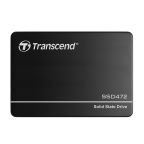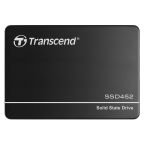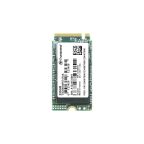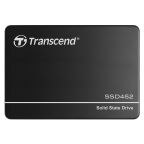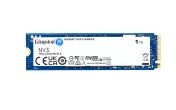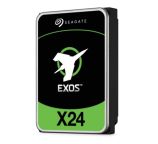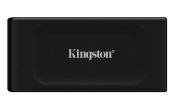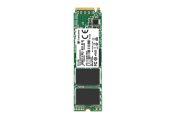Hard Drives
Hard drives or hard disk drives are a method of data storage for devices. They can be internal hard drives where they are physically built-in to the PC, desktop or laptop and mounted onto computer PCBs (printed circuit board), or they can be external hard drives where they are used outside the main unit itself and are portable. You can learn more in our complete hard drives guide.
What are HDDs?
These hard drives have been around for a long while and consist of several mechanical components. These components include storage platters, a motor to spin them, and a mechanical actuator arm with a read-write head on it for each platter. When you ask the computer to update or retrieve data an I/O controller tells the actuator where on the spinning platters the data is located, it then goes to the correct address in that sector to read or write the data.
Benefits of HDDs
• Proven technology
• Cost Effective
• High storage capacity
What are SSDs?
SSDs are a form of flash-based or Flash memory storage and will each have a capacity, given in MB, GB or TB.
They get their name "solid state" from their use of electric charge to store code, instead of physical moving parts. This means that there are no components that will wear out from movement. They are generally reliable and long-lasting devices.
Benefits of SSDs
• Fast reading and writing data
• No moving pieces
• Compact, lightweight devices
• Low failure rates
• Economical, use less energy than conventional HDDs
Where are Solid State Drives used?
Servers
Computers
Laptops
Smartphones
Tablets
Memory Sticks
Why choose an SSD hard drive?
Solid State Drives store data continuously. The solid state disk drive will store your data, ready to go, even when powered down. This gives it a distinct advantage over a traditional hard drive. If used correctly, these hard drives can greatly improve the operating times on your laptop or computer.
SSD Interfaces:
Solid State Drives come with different I/O interfaces such as:
PCIe
SATA
PATA
USB
What is a NAND?
Negative-AND (NAND) is a flash memory storage technology that is able to retain data without power. NAND memory chips house the memory cells. There are various types of NAND memory cells such as; ISLC, MLC, and SLC (single-level cell).
SSD vs. HDD
The SSD hard drive replaces the traditional hard disk drive (HDD) as it is much faster. The HDD has multiple moving parts, whereas the SSD does not. The lack of moving parts enables the SSD to be a lot smaller and require less power to operate.
A Solid State Drive can be used alongside your current HDD. Using one of these drives to store your operating system will greatly decrease the initial start-up time of your PC/Laptop. SSDs also have a much lower failure rate than HDDs.
Popular Searches
Related links
- SATA Cables
- Hard Drive Enclosures
- Memory & Data Storage
- Western Digital WD120EFBX 3.5 in 12 TB External Hard Disk Drive
- iStorage diskAshur2 63 mm 500 GB External Hard Disk Drive
- Western Digital WD2002FFSX External Hard Disk Drive
- iStorage DiskAshur DT2 2 TB External Hard Disk Drive
- Western Digital WD40EFPX 3.5 in 4 TB External Hard Disk Drive
